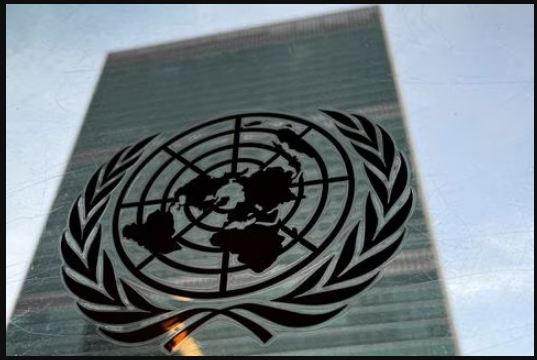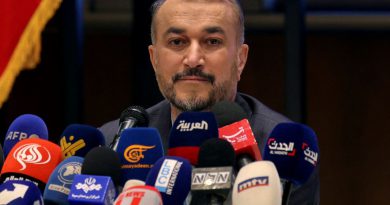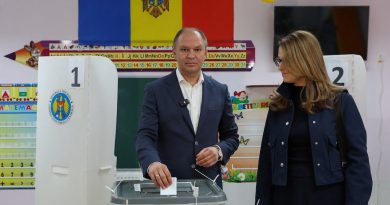U.N. Libya mission warns of violence after push for new interim govt
Tripoli (Reuters) – The United Nations Libya mission warned on Thursday against “unilateral initiatives” to address the country’s political stalemate after two legislative bodies proposed creating a new interim government as a precursor to elections.
The United Nations wants a clear route to elections as part of a lasting resolution of Libya’s 12-year-long crisis but opponents of the existing administration in Tripoli want to focus on replacing it before any national vote.
“Unilateral actions, like similar attempts seen in the past, could inflict serious negative consequences for Libya and trigger further instability and violence,” the U.N. mission said in a statement noting the legislative bodies’ proposals.
The two bodies, the eastern-based House of Representatives parliament and the Tripoli-based High State Council backed opposing sides during fighting between eastern and western factions that has calmed since 2020.
An effort by the HoR to appoint a new government last year led to a day of heavy fighting in Tripoli.
While the bodies remain rivals on many key issues, they have both also voiced opposition to the Government of National Unity under Prime Minister Abdulhamid al-Dbeibah in Tripoli, and many Libyans believe they are reluctant to bring about elections.
The HoR was elected to a four-year term in 2014 and the HSC was created in 2015 from an earlier legislative body elected in 2012. Under an internationally recognised agreement in 2015 both bodies have a say in major political developments, but the two disagree over what powers each has.
U.N. diplomacy this year has focused on pushing them to agree on constitutional and legal changes that would let presidential and parliamentary elections go ahead, but they have so far failed to finalise such changes.
“The electoral laws in their current state will not facilitate successful elections,” said the U.N. envoy to Libya Abdoulaye Bathily said in a different statement two days ago.
The bodies have instead announced a separate roadmap that would involve replacing Dbeibah’s government before any move towards the national elections that would replace them.
The two chambers said they are still discussing “some notes” from the roadmap after they initially approved it. It aims to form a new interim government to supervise presidential and parliamentary elections.
Control over Libya’s government and access to its oil revenue has been the main prize for rival factions during the years of instability following a 2011 NATO-backed uprising and the split in 2014 between warring eastern and western sides.



